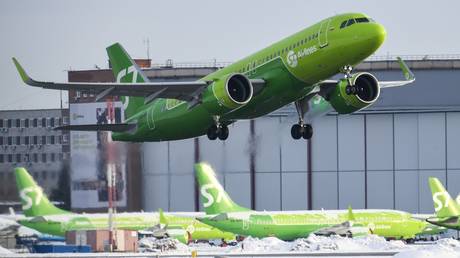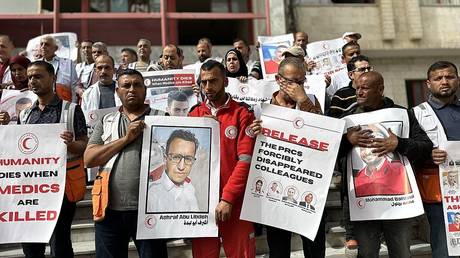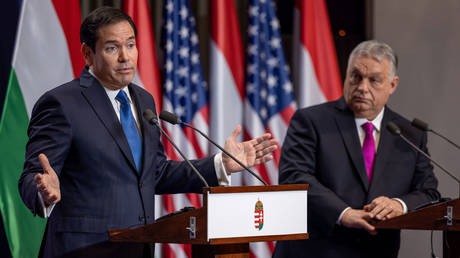
It said it could no longer sustain safety oversight due to international sanctions
Bermuda has announced that it is suspending airworthiness certificates for planes operated by Russian companies, effectively grounding almost 800 aircraft operated by the country’s top carriers.
The Bermuda Civil Aviation Authority (BCAA) says its ability to sustain safety oversight of Russian-operated planes on Bermuda’s aircraft registry has been crippled by the international sanctions imposed on Moscow over its ongoing offensive in Ukraine.
Due to being “unable to confidently approve these aircraft as being airworthy,” the BCAA has decided to “provisionally suspend” their airworthiness certificates, it said in a statement released on Saturday.
The restrictions began at 23:59 UTC, with the suspension being effective for all airborne planes on landing, it added.
No plane can take to the skies without a certificate of airworthiness, which is issued by the civil aviation authority in the country where it is registered. This encompasses both international and domestic flights. Violating those rules is “like driving a stolen car with an expired driving license and fake license plates,” an unnamed senior executive of a Russian carrier explained to local media.
The move is yet another blow to the Russian aviation sector. Russia’s companies, including its leading carriers Aeroflot and S7, reportedly have 768 planes registered in Bermuda, an island nation of some 70,000 in the North Atlantic Ocean and a British Overseas Territory. The aircraft in question are mainly Boeing and Airbus planes from foreign leasing firms.
Russia’s Transport Ministry said earlier this week that it was considering adding those planes to the Russian registry, while also maintaining their foreign registration, in order to keep them in the air. The procedure for obtaining the relevant paperwork in the country has also been simplified.
In the wake of the Russian offensive in Ukraine, which was launched on February 24, the European Union has banned the sale of civilian aircraft and parts to Russia, and forbidden companies from repairing or insuring Russian-operated planes.
Leasing firms were also told to terminate their contracts with the country’s carriers by the end of March. Moscow responded by warning it would consider nationalizing the foreign aircraft if the issue wasn’t otherwise resolved.




